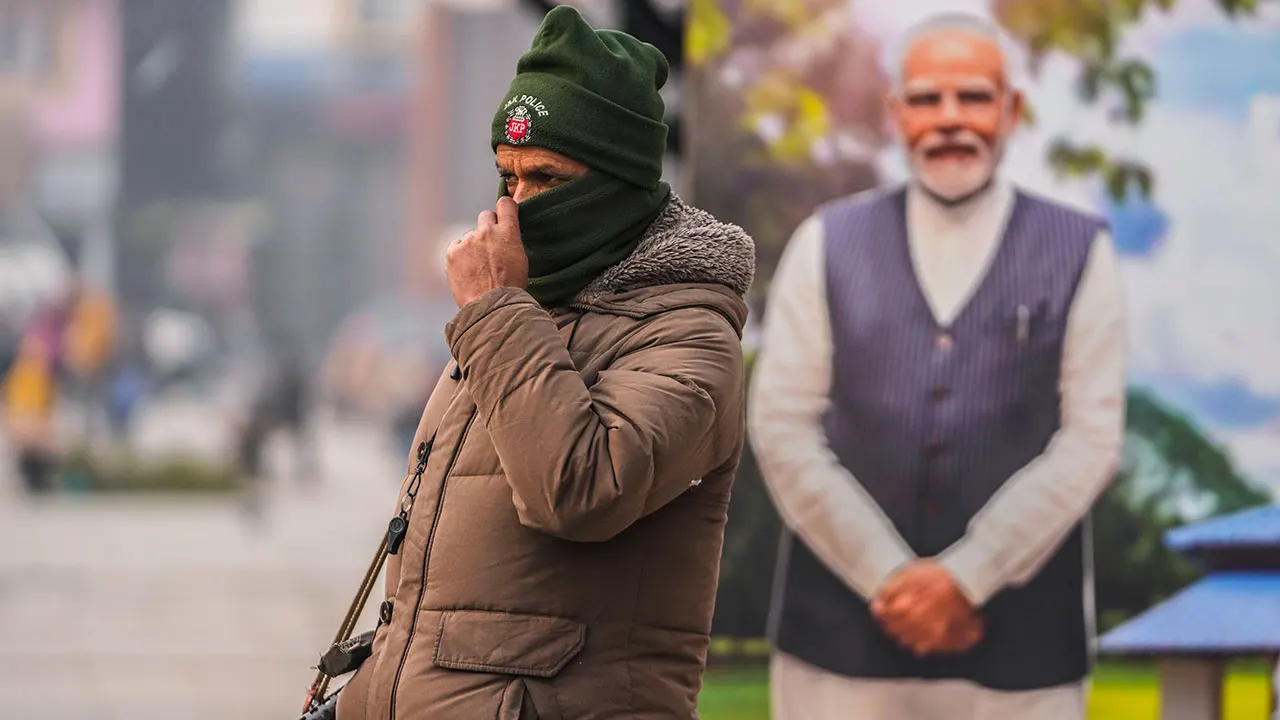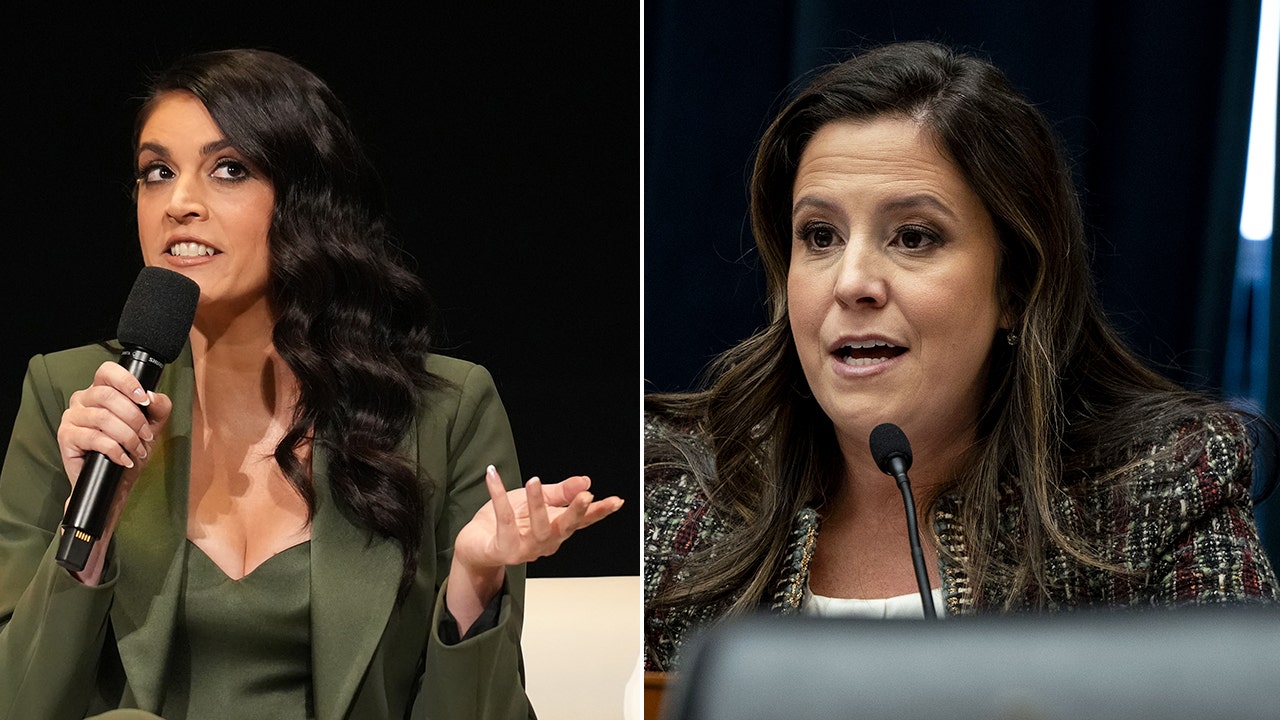It’s been an ugly few days for markets around the world. Yesterday, the S&P 500 closed down 10 percent from where it was at the start of the month. It briefly entered bear-market territory. European and Asian indexes are also down since April 1.
The chaos began, of course, with President Trump’s tariffs. International leaders are now seeking reprieves from the president. More than 50 nations have contacted the White House to negotiate, the administration claims. Israel’s prime minister came to Washington yesterday in search of a deal.
The situation is unusual in that it’s entirely in Trump’s hands. The president can usually influence, but rarely control, economic challenges — a bank collapse, a housing bubble, a pandemic. In the current market rout, Trump is the cause. He imposed the tariffs, and he decides when they go.
So world leaders have one place to turn. Today’s newsletter looks at their efforts to persuade Trump and whether they’re likely to succeed.
Seeking reprieve
Other countries, it’s fair to say, are confused. World leaders want to strike a bargain with Trump to ease the tariffs against them, but they don’t know what he wants. And he has not explained a clear purpose for his tariffs.
At times, he has outlined goals that contradict each other: Trump has suggested that the tariffs are reciprocal and part of a negotiating tactic, which would make them temporary as long as other countries work with him. But he has also said that the tariffs are meant to raise tax revenue and to bring back U.S. manufacturing, which would suggest they are actually permanent; tariffs can’t raise money or entice manufacturers back to America if they end.
Consider Israel’s situation. Before Trump announced his tariffs last week, Israel’s government vowed to rescind all of its levies on the United States. After all, Trump had said that his tariffs were meant to retaliate against other countries’ trade barriers, so Israel figured that it could preemptively give Trump what he wants. Trump imposed new levies on Israel anyway.
Yesterday, Benjamin Netanyahu of Israel became the first world leader to speak to Trump in person since the president issued his tariffs. Netanyahu reiterated that Israel would eliminate trade barriers against the United States. Trump thanked him but promised nothing in return.
The market chaos reflects the uncertainty that foreign leaders are navigating. Stocks briefly rose yesterday on unsubstantiated reports that the administration might pause the tariffs for 90 days. But the White House’s social media accounts called the reports “FAKE NEWS,” and Trump threatened even more tariffs on China to counter its retaliatory duties on the United States. The markets tumbled again. Over just a few hours, trillions of dollars appeared and vanished.
Different possibilities
The president’s gambit has one of two likely outcomes. In the first, Trump weathers the economic chaos and gets serious concessions from other countries. In the second, markets — and, potentially, the economy — continue to fall apart, and Trump never gets real concessions from trade partners. Maybe he backs down, with little to show for his tariffs, as he did with Canada and Mexico earlier this year.
Israel is gambling on the first outcome, as Netanyahu demonstrated at the White House. Europe is, too; it is preparing retaliatory measures, but they are more modest than its initial threats. “Officials are moving slowly and deliberately, avoiding a single sweeping set of retaliatory moves, in hopes of giving the United States time to come to the table to make a deal,” my colleague Jeanna Smialek explained.
Others are betting on the second outcome. China, for one, has struck a defiant tone, David Pierson, Claire Fu and Vivian Wang reported. It says that it’s ready for a trade war — and that it will win. China’s government appears to believe that it is no longer reliant on the U.S. market for its exports. (The Times is tracking which countries are negotiating and which are retaliating here.)
Unlike other complex pieces of policy — income tax changes, new laws, court cases — this chapter of Trump’s presidency rests in one pair of hands: his own. Its conclusion is up to him.
Related: Stocks in Europe and Asia were calmer this morning.
More on the economy
THE LATEST NEWS
Supreme Court
Click the video below to see our reporter explain how microplastics get into our brains.
Lives Lived: John Peck, known as the Mad Peck, was a cultural omnivore whose work as an underground cartoonist, artist, critic and disc jockey had a dry humor and an ornate eccentricity. He died at 82.
SPORTS
Men’s college basketball: Florida overcame a 12-point deficit in the second half to defeat Houston and win the national title, 65-63. It came down to the final possession.
N.H.L.: Meredith Gaudreau, wife of the late Johnny Gaudreau, announced the birth of the couple’s third child.
ARTS AND IDEAS
A new literary scene has emerged in New York that is equal parts sincere and wry. “Straight Girls,” a monthly poetry night, features a mix of original works and found texts — including Letterboxd reviews — that the readers find accidentally poetic. Read more about the event, which is attracting established literary-world figures and socialities.















